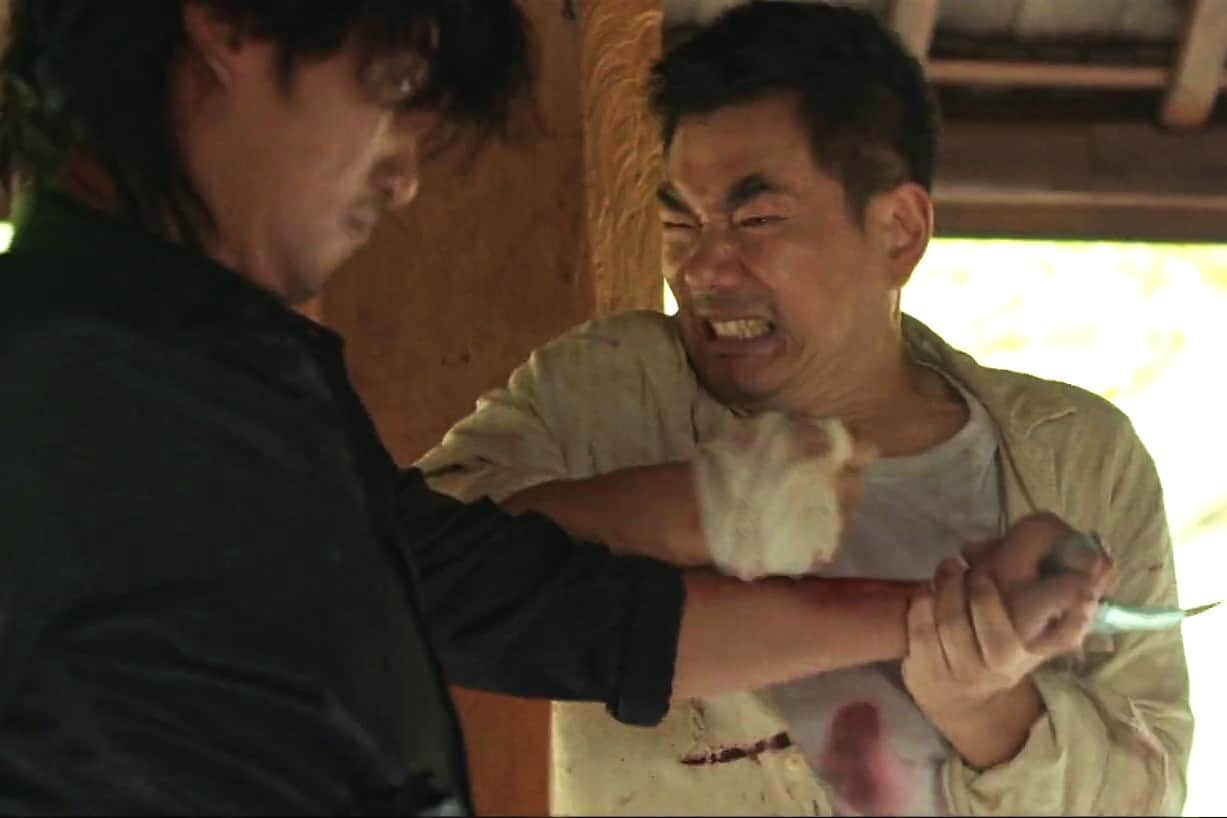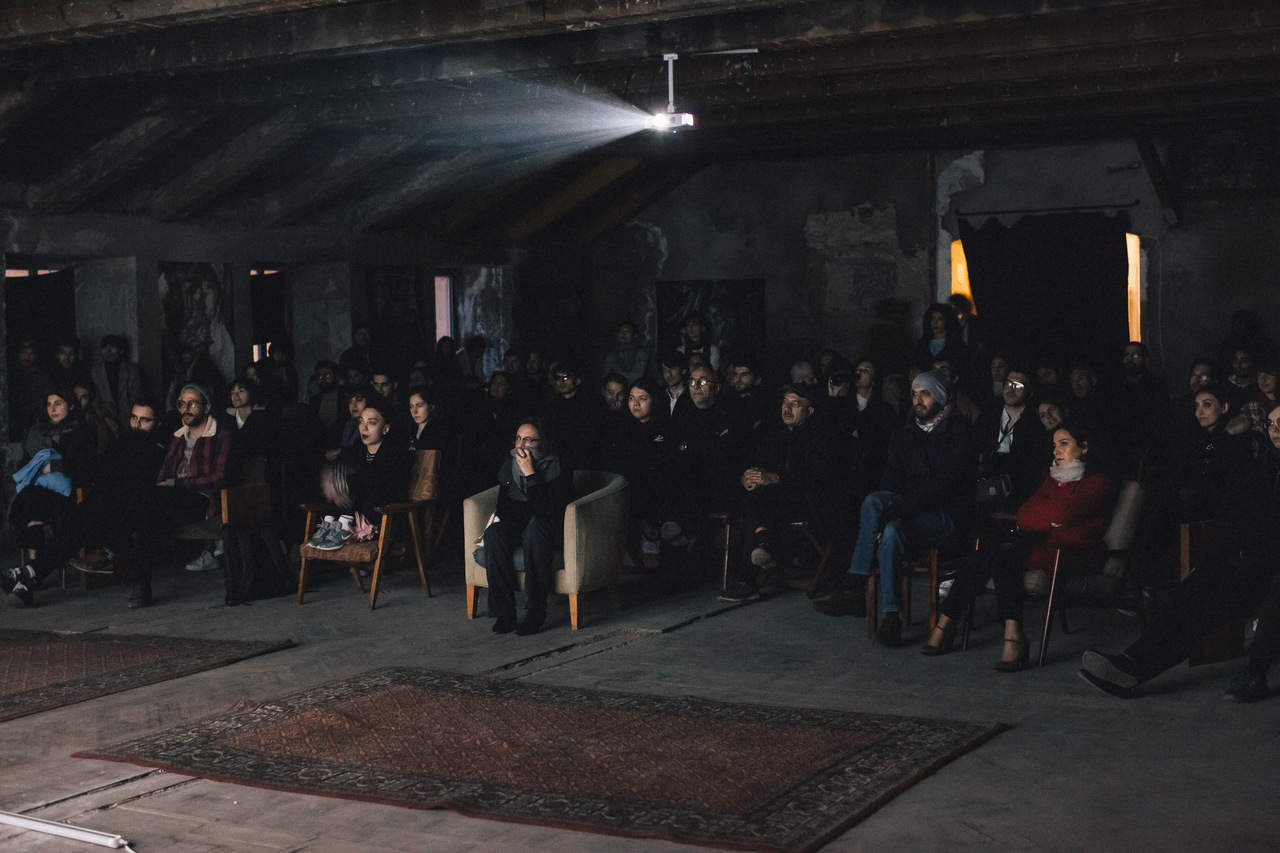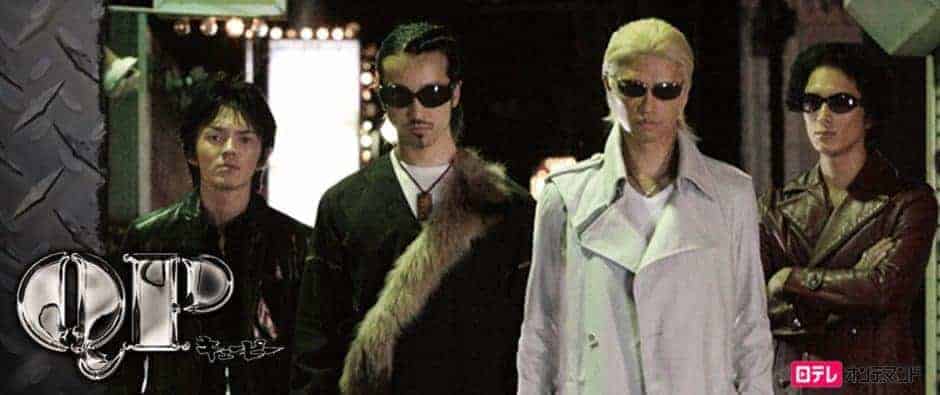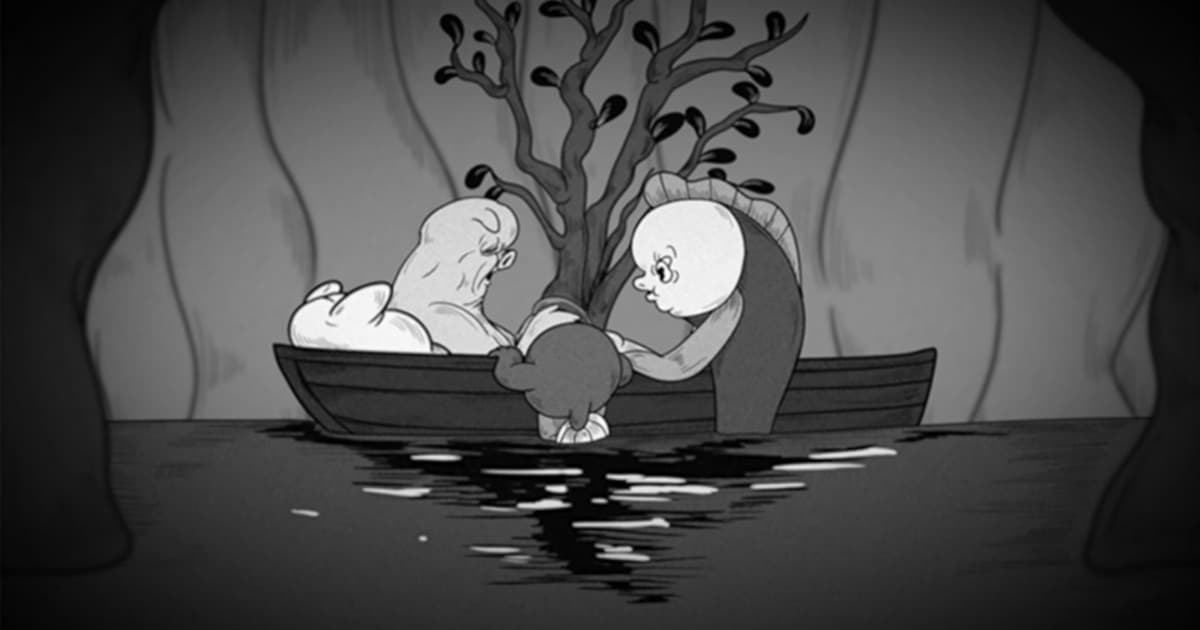“Will you help me make this world better?”
In the course of its two hours of running time, the phrase “he's one of us: becomes one of the central themes in “Hard-Core”, a feature based on the anime “Hard-Core Heisei Hell's Brothers“ by Carib Marley and Takashi Imashiro. For his new project, Japanese director Nobuhiro Yamashita (“Hazy Life”, “Over the Fence”) has come back to the blend of drama and dark comedy which is also at the core of its narrative foundation. Maybe this is the most suitable tone for the subject of the film, which is about social outcasts and doing the right thing, even though the world around you drives you away from this principle.
In the film, actors Takayuki Yamada and Takeru Satoh play two brothers, Yukon and Sakon Gondo. Yukon (Yamada), the older one, makes a living helping a nationalist politician digging for the shogun's chest of gold buried deep within a mineshaft. Even though the work is obviously pointless, Yukon feels indebted to the man and his goals since he has given him a chance when no one else would have. Meanwhile, his younger brother (Satoh) has little patience for Yukon's problems, who remains a loser to him who lets himself be exploited for what is a lost cause.
“Hard-Core” is screening at Nippon Connection
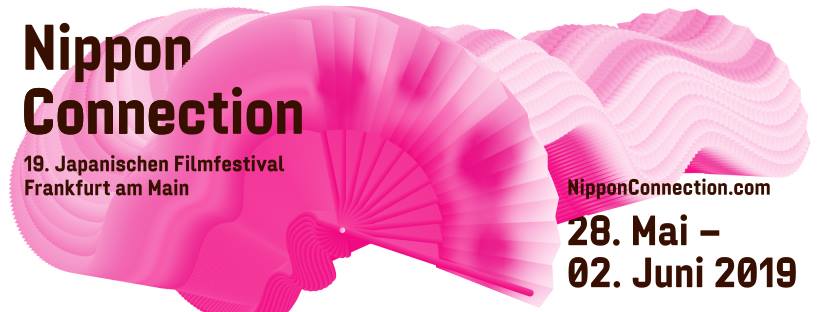
However, the dreary routine of Yukon and his co-worker, an intellectually challenged man named Ushiyama (Yoshiyoshi Arakawa), is interrupted when a seemingly broken, man-sized robot appears. While Sakon sees the potential in the advanced machine and wants to sell it, his brother is determined to protect his new friend since he sees him as one of theirs, a loser like himself and Ushiyama.
At the core of “Hard-Core”, underneath the craziness it has to offer, is the drama of two brothers, of two perspectives and of brotherly love in general. The two main characters Sato and Yamada quickly establish the two very different worlds of the two characters, most visible in their outer appearance, but also in their obvious dislike for the other person's ideals and motivations. Driven by a sense of economic purpose, Sakon has very little patience for the seemingly pointless jobs of his brother, who repeatedly confirms his role as social outsider. The images as well as the performances highlight the chasm between these two individuals, and in doing so, portray two different visions of Japan.

However, the most interesting idea is the film's take on the robot character. Without an idea of who to follow and why “Robo-o”, as Ushiyama and Yukon start calling him, he merely executes orders and is perhaps the only character that does not distinguish between class or family background. While he may be the means to bridge the gap between the two brothers, he also is the metaphorical litmus test for the degree of corruption of the outside world, of how much it wants to exploit those unwilling (or unable) to disagree. The scenes in which Yukon and Sakon plan to utilize “Robo-o” for their benefit are quite telling in that regard. After all, they are named after feudal lords for a reason.
In the end, “Hard-Core” is a film about brotherhood, an overwhelmingly crazy, often exhausting tale about social outcasts. Carried by good performances and interesting ideas, Nobuhiro Yamashita's film will likely find its fans among those fond of the works of Terry Gilliam or Jean-Pierre Jeunet.





